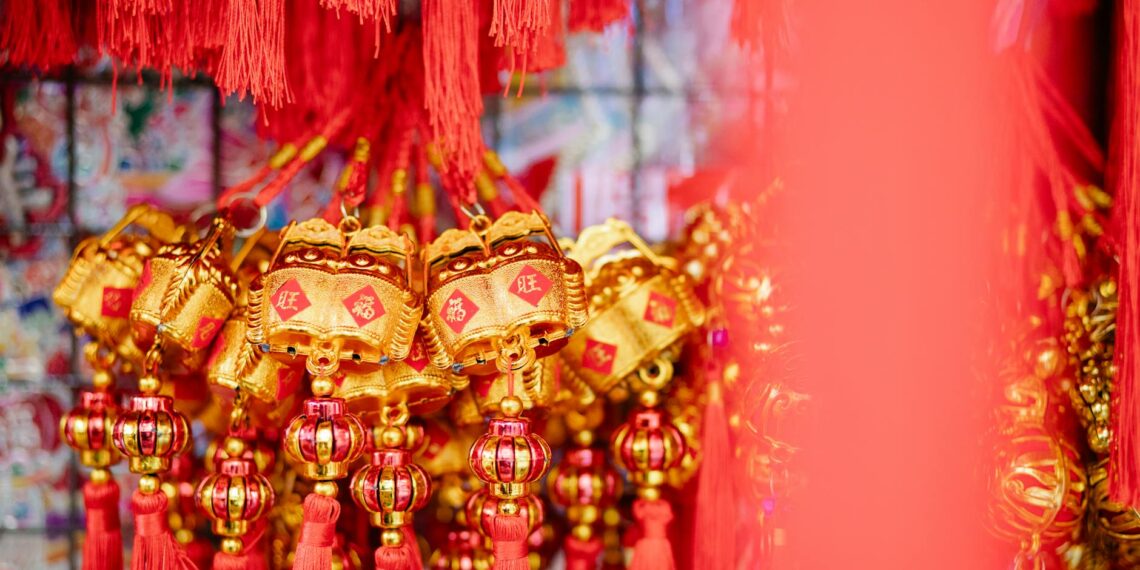Selling your coins effectively requires some preparation and research to ensure you get a fair price. Here’s a breakdown of the steps involved:
- Identify your coins: Make a detailed list including the coin’s type, year, mint mark, and any distinguishing features.
- Determine approximate value:
– Consult coin pricing guides like the PCGS Price Guide.
– Utilize online resources and databases like NGC (Numismatic Guaranty Corporation) or PCGS (Professional Coin Grading Service) for detailed information, images, historical auction data, and population reports for your coin.
– Check completed or sold listings on eBay to gauge actual selling prices for comparable coins, but factor in eBay fees that reduce the seller’s net proceeds.
– Crucially, avoid cleaning your coins as it can significantly decrease their value.
- Consider professional appraisal: For valuable coins or large collections, professional grading and appraisal by a reputable numismatist can provide the most accurate valuation and add credibility.
– Look for appraisers accredited by organizations like the American Society of Appraisers or International Society of Appraisers.
– Members of the American Numismatic Association or Professional Coin Grading Service are also likely to be reputable.
- Local Coin Shops: A straightforward option, especially for beginners or coins of lower to medium value.
– Choose reputable shops with good reviews and consider shopping around for the best offers.
– Remember that dealers need to make a profit, so their offer will likely be below the retail or book value.
- Coin Shows: Offer a chance to get offers from multiple dealers and potentially higher prices than a local shop, but may require travel.
- Online Platforms:
– eBay: A popular marketplace for various collectibles, including coins, offering auction and fixed-price selling options.
– Be cautious of scams and factor in listing fees and final value fees.
– Dedicated Coin Marketplaces: Sites like Heritage Auctions and GreatCollections specialize in rare and collectible coins, attracting serious buyers.
– Online Coin Dealers: Companies like APMEX specialize in buying and selling precious metal and rare coins.
- Auction Houses: Suitable for selling rare or high-value coins, attracting serious collectors and potentially resulting in competitive bidding and higher prices.
– Be aware of minimum consignment values and buyer’s fees charged by auction houses.
- Get multiple offers: Don’t accept the first offer, especially if your coin is rare or valuable.
- Be transparent: Provide accurate information about your coin’s condition and history.
- Negotiate: Don’t be afraid to negotiate for the best price, especially if you have competing offers.
- Choose a secure selling method: Use secure payment processors and avoid unconventional methods like wire transfers.
- Document everything: Keep a detailed record of all transactions, including receipts, shipping information, and communication with buyers.
By carefully evaluating your coins, researching potential buyers, and choosing the right platform, you can maximize your chances of selling your coins successfully.









How do I turn my coins to cash?
Good point! Your local bank branch is a good place to exchange coins. The branch will typically give you coin wrappers for free. Credit unions or community banks are more likely to have free coin-counting machines for members. Coinstar machines are in many supermarkets, and Publix has its own machines.